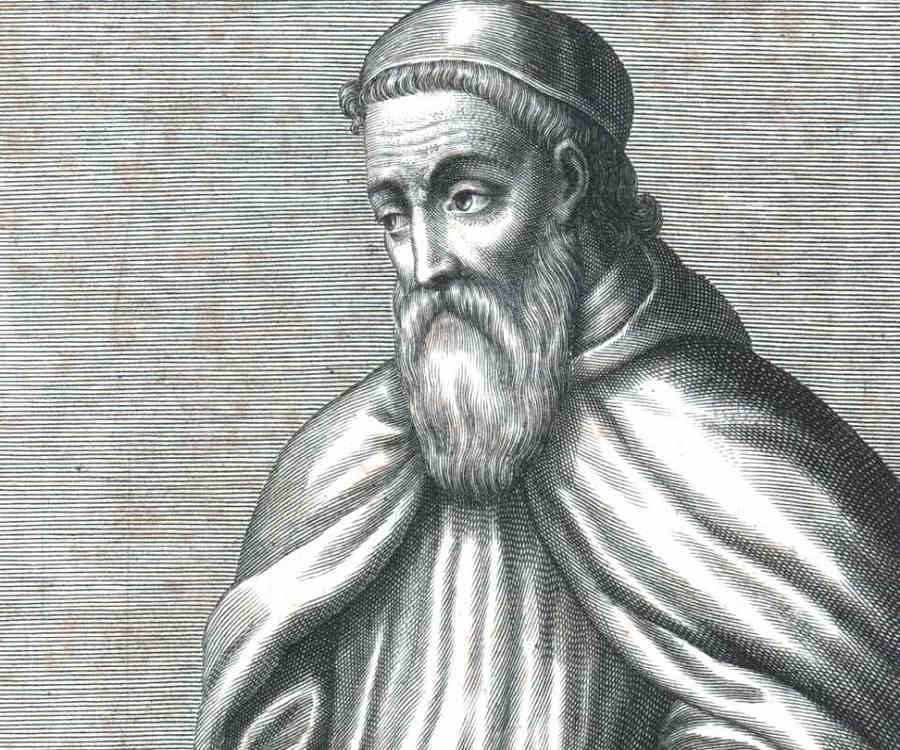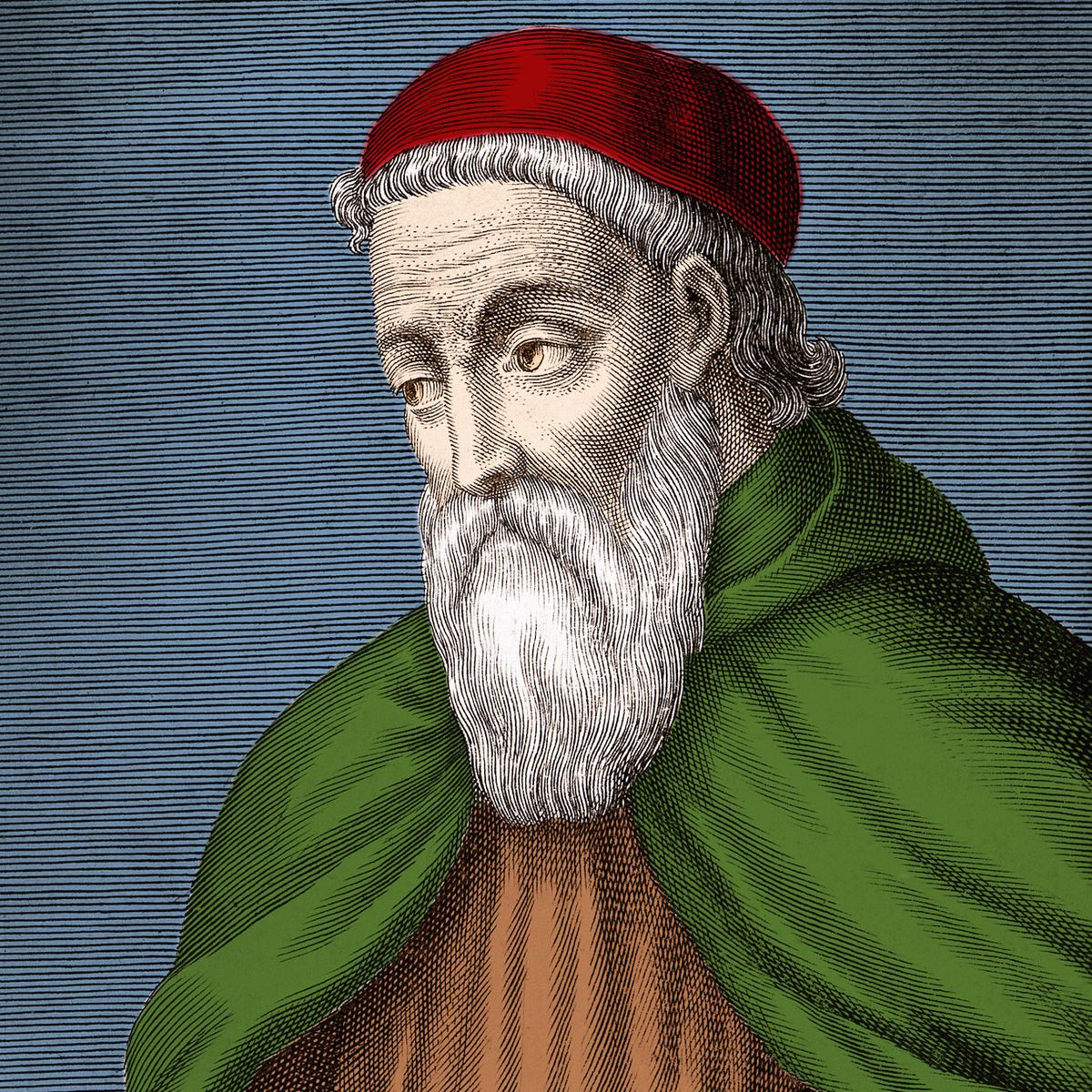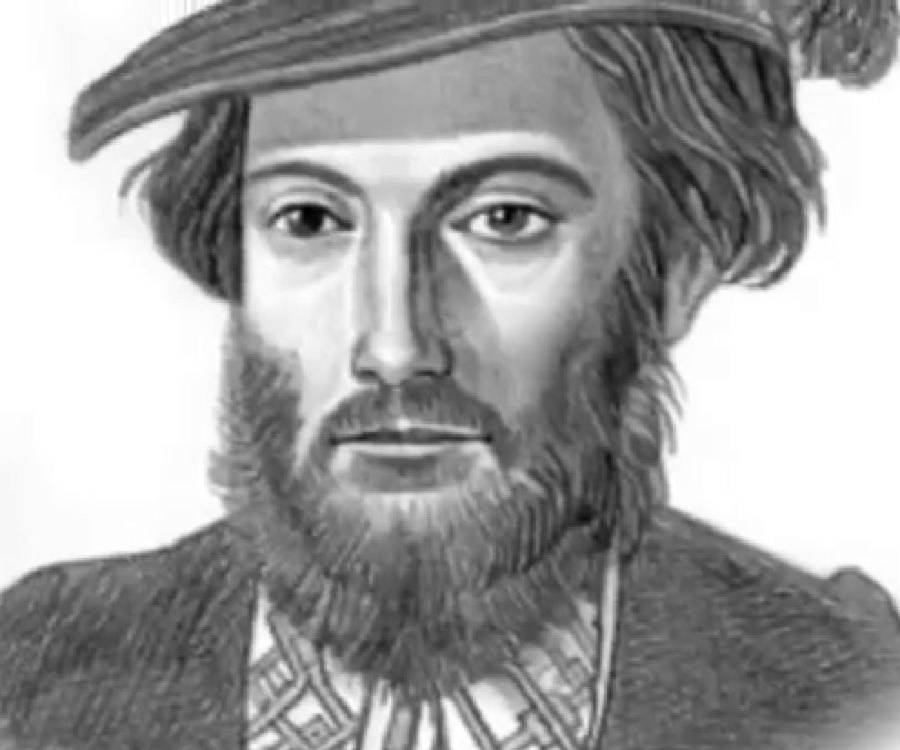Unveiling Amerigo Vespucci: His Voyages, Legacy & Impact
Did you know the continents of North and South America bear the name of a man who wasn't even the first European to reach them? Amerigo Vespucci, an Italian explorer, navigator, and cartographer, indelibly shaped the European understanding of the New World, and his legacy is forever etched onto the maps we use today. While Christopher Columbus sailed under the conviction that he had reached Asia, it was Vespucci who boldly suggested that these newly discovered lands were, in fact, a separate continent, setting in motion a seismic shift in geographical thought.
The narrative of Amerigo Vespucci extends beyond simple exploration; it embodies the very evolution of geographical knowledge during the Age of Discovery. Born in Florence in the latter half of the 15th century, Vespucci's transatlantic journeys brought him face-to-face with diverse cultures and breathtaking landscapes, fundamentally altering the European perspective on what became known as the New World. His early life, significant voyages, and the profound impact of his work on cartography and exploration continue to fascinate and provoke debate among historians and geographers alike.
| Category | Information |
|---|---|
| Name | Amerigo Vespucci |
| Birth Date | March 9, 1454 |
| Birth Place | Florence, Italy |
| Death Date | February 22, 1512 |
| Nationality | Italian |
| Profession | Explorer, Navigator, Cartographer |
| Employer | Medici Family (early career), Spanish and Portuguese Crowns (explorations) |
| Notable Works | "Mundus Novus" (New World), letters describing his voyages |
| Legacy | Continents of North and South America named after him |
| Reference | Encyclopdia Britannica - Amerigo Vespucci |
Amerigo Vespucci entered the world on March 9, 1454, in the bustling city of Florence, Italy, a cradle of Renaissance art and learning. His family, enjoying a respectable standing within Florentine society, ensured that he received an education focused on the disciplines deemed essential for a life of consequence: navigation, astronomy, and geography. This foundation proved invaluable, equipping him with the skills necessary to embark on a life dedicated to exploration and the meticulous art of cartography. It wasn't merely education for education's sake; it was a targeted curriculum designed to mold a future explorer.
- Will Smiths Kids At The Grammys Jaden Willows Unique Styles
- Best Cat Brushes Find The Perfect Brush For Your Cat
The Vespucci family held a prominent position within Florence, entangled in the intricate web of its political and economic affairs. His father, a lawyer, provided a stable and respectable home, while his mother hailed from a family deeply rooted in merchant activities. This unique combination of legal and commercial connections afforded young Vespucci a privileged upbringing and access to a high-quality education that extended beyond the traditional liberal arts. His studies included rigorous training in mathematics and navigation, crucial skills for anyone contemplating a life at sea. The family's network and resources opened doors that might have remained closed to others.
Prior to his daring expeditions across the Atlantic, Vespucci honed his skills and broadened his horizons through his work with the powerful Medici family, who controlled vast commercial enterprises throughout Europe. His association with the Medici afforded him numerous opportunities to travel extensively and gain firsthand knowledge of established trade routes, commercial practices, and the complexities of international commerce. These early experiences profoundly shaped his understanding of the world and provided a crucial foundation for his later voyages to the New World. He was, in essence, an apprentice in the school of global commerce, learning lessons that would serve him well in the years to come.
Between 1497 and 1504, Amerigo Vespucci embarked on a series of voyages to the Americas, each one adding another layer to the burgeoning European understanding of this previously unknown world. These expeditions were not mere adventures; they were instrumental in dismantling old assumptions and ushering in a new era of geographical comprehension. Unlike Christopher Columbus, who stubbornly clung to the belief that he had reached the shores of Asia, Vespucci dared to suggest that the lands he encountered represented a distinct continent, a proposition that would forever alter the course of history.
- Best Wireless Bras Comfort Support Youll Love
- The Glass Castle Rose Mary Walls Unconventional Life Choices
The precise details of Vespucci's first voyage remain shrouded in some ambiguity, with scholars continuing to debate the year in which it occurred. However, it is generally accepted that he likely sailed in 1497, venturing along the coastline of Brazil and meticulously mapping significant portions of the South American landmass. This initial voyage marked the beginning of his enduring contribution to the geographical understanding of the region, setting the stage for future expeditions and solidifying his reputation as a skilled navigator and observer.
During his second voyage, undertaken between 1499 and 1500, Vespucci sailed under the flag of Spain, lending his expertise to the Spanish crown's ambitions in the New World. This expedition led him to the northern coast of South America, where he encountered diverse native populations, carefully documenting their customs, languages, and ways of life. He also made detailed observations of the region's flora and fauna, adding to the growing body of scientific knowledge about the natural world. His meticulous records provided invaluable insights into the ecology and anthropology of this previously unknown region.
The third voyage, spanning from 1501 to 1502, saw Vespucci further exploring the coast of Brazil and venturing southward, eventually reaching the shores of what is now Argentina. This ambitious journey was particularly significant due to Vespucci's careful observations and detailed descriptions of the region's geography, climate, and inhabitants. His accounts provided crucial information for cartographers who would later create maps of the New World, solidifying his role as a key figure in the European understanding of the Americas. His exploration extended the known boundaries of the continent and deepened the understanding of its vastness and diversity.
Vespucci's voyages hold significance not only for their groundbreaking geographical discoveries but also for their transformative contributions to the field of cartography. He possessed the intellectual courage to challenge existing paradigms and propose that the Americas were not simply an extension of Asia, but rather a distinct landmass, a revolutionary idea that flew in the face of prevailing European beliefs. This bold assertion laid the foundation for a more accurate and comprehensive understanding of the world's geography.
The impact of Vespucci's detailed accounts of his voyages resonated far beyond the confines of scholarly circles. His published works were widely circulated throughout Europe, influencing the creation of maps that accurately depicted the New World for the first time. These maps played a crucial role in correcting long-held misconceptions about the geography of the Americas, helping to dispel the notion that they were merely islands off the coast of Asia. Vespucci's cartographic contributions were instrumental in reshaping European perceptions of the world and fostering a new era of exploration and discovery.
Perhaps the most enduring testament to Vespucci's legacy is the naming of the continents "America" after him. This honor stems from the Latinized version of his first name, Americus, which was bestowed upon the New World by the German cartographer Martin Waldseemller in 1507. Waldseemller, recognizing the significance of Vespucci's contributions to the understanding of the new continent, published a map that forever linked his name to the Americas, solidifying his place in geographical history. This act of recognition, though perhaps controversial in retrospect, underscores the profound impact Vespucci had on the European perception of the world.
Amerigo Vespucci's legacy resonates far beyond the confines of his voyages and cartographic endeavors. His work served as a cornerstone for the development of modern geography and exploration, inspiring generations of explorers, scientists, and thinkers to venture into the unknown and expand the boundaries of human knowledge. He is remembered as a visionary pioneer who fundamentally reshaped the European understanding of the Americas, leaving an indelible mark on the course of history.
Explorers who followed in Vespucci's wake built upon his findings, using his maps and descriptions as a foundation for their own expeditions. His accurate mapping and meticulous documentation of the New World inspired further exploration and colonization by European powers, leading to the establishment of trade routes, settlements, and empires across the Americas. Vespucci's work served as a catalyst for the expansion of European influence throughout the Western Hemisphere, shaping the political, economic, and cultural landscape of the Americas for centuries to come.
The decision to name the continents after Vespucci reflects the profound cultural impact of his voyages on the European mindset. It signifies the central role that exploration and discovery played in shaping European identity and worldview during the Age of Exploration. While the naming of America may be viewed through a critical lens today, it nonetheless serves as a reminder of the transformative power of exploration and the enduring legacy of those who dared to venture into the unknown.
Despite the undeniable significance of his contributions, Vespucci's life and work have not been immune to controversy. Some historians have raised questions about the authenticity of certain accounts attributed to him, while others have debated the extent to which he actually undertook all of the voyages credited to his name. These controversies underscore the complexities of historical interpretation and the challenges of reconstructing the past from fragmentary evidence.
One of the primary sources of controversy surrounding Vespucci lies in the debates regarding the authorship of various letters and accounts that were published under his name. Some scholars have suggested that these documents may have been embellished or even fabricated by others seeking to enhance Vespucci's reputation or promote their own agendas. These claims have cast doubt on the accuracy of certain details and raised questions about the reliability of the historical record. The debate over authorship continues to this day, highlighting the challenges of discerning fact from fiction in historical narratives.
While Vespucci's contributions to the exploration of the Americas are undoubtedly significant, the recognition he received has sometimes overshadowed the achievements of other explorers, most notably Christopher Columbus. This has led to ongoing discussions about how history remembers its figures and the extent to which individual achievements are celebrated at the expense of acknowledging the collective efforts of many. The debate over Vespucci's legacy serves as a reminder of the importance of critically examining historical narratives and recognizing the contributions of all those who played a role in shaping the course of human events.
| Name | Amerigo Vespucci |
|---|---|
| Birth Date | March 9, 1454 |
| Birth Place | Florence, Italy |
| Death Date | February 22, 1512 |
| Nationality | Italian |
| Notable Works | Letters on the New World |



Detail Author:
- Name : Barrett Romaguera DDS
- Username : sschinner
- Email : rcremin@larkin.com
- Birthdate : 1978-10-09
- Address : 411 Shanahan Circle Suite 884 Port Rahulhaven, VA 34322
- Phone : +1-332-942-2644
- Company : Botsford-Medhurst
- Job : Sales Manager
- Bio : Quidem sunt ducimus maxime et dolores eum. Nobis eos vel quod ut. Animi dolor doloribus reiciendis quis sint ipsa neque in. Sequi labore ad laborum maxime odit explicabo.
Socials
linkedin:
- url : https://linkedin.com/in/sadie_windler
- username : sadie_windler
- bio : Omnis soluta et provident fugiat ab eos.
- followers : 5382
- following : 1480
facebook:
- url : https://facebook.com/windlers
- username : windlers
- bio : Vitae in qui omnis qui asperiores eaque et. Pariatur vitae odio neque aut.
- followers : 1234
- following : 875
tiktok:
- url : https://tiktok.com/@swindler
- username : swindler
- bio : Qui repudiandae soluta nemo cupiditate est expedita.
- followers : 3976
- following : 1869